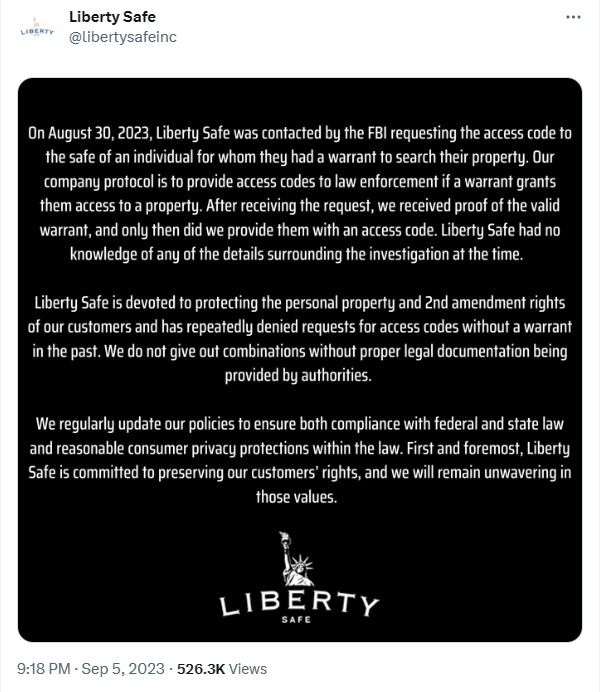Ronald Koons v. Attorney General New Jersey, a fisk
The Attorney General of New Jersey has filed a brief (100 pages!!!!) explaining why New Jersey’s de facto carry ban is actually constitutional.
(1900 words)
Introduction
The Second and Fourteenth Amendments have always coexisted comfortably with a wide range of firearms restrictions. As the record shows, States historically restricted firearms in particularly sensitive places—such as public assemblies, schools and other educational and literary gatherings, ballrooms, shows, fandangos, fairs, and taverns, parks, zoos, in transit, and more. Founding- and Reconstruction-era States likewise long required individuals to obtain consent from private property owners before carrying firearms onto their private lands. And States historically required individuals to make surety payments before carrying firearms in public, and they imposed strict liability regimes to cover the harms of firearms misuse. States have also long imposed fees relating to firearms or permits. And States have consistently sought to ensure that those who could not be trusted to carry a firearm in public will not do so—including by checking their backgrounds.
Given their historical pedigree, the provisions Plaintiffs challenge—Chapter 131’s sensitive-place restrictions, private-property provision, insurance requirement, fees, and character-reference requirement—all satisfy New York State Rifle & Pistol Association v. Bruen, 142 S.Ct. 2111 (2022). After all, Bruen adopted a historically-grounded test: if States originally understood that particular firearms policies were available under the Second and Fourteenth Amendments, those policies remain on the table for them today. Yet despite the considerable evidence the State provided in its opening brief, Plaintiffs cannot produce a shred of evidence that anyone anywhere saw any of these laws as unconstitutional. In sharp contrast to the evidence in both Bruen and District of Columbia v. Heller, 554 U.S. 570 (2008), this record contains no evidence that any court, State, official, or legal commentator viewed any of these historical sensitive-place requirements as unconstitutional. Plaintiffs cite nothing to suggest that any court, State, official, or legal commentator believed individuals had a right to carry firearms on private land without the owner’s consent. Their arguments are also bereft of evidence of any challenges to the historical surety laws or to strict-liability regimes. And Plaintiffs find no decision or even constitutional debate as to historical fees and permitting processes. Instead, the record reveals “no disputes regarding the lawfulness of such prohibitions.” Bruen, 142 S.Ct. at 2133.
Because Plaintiffs cannot identify contrary evidence, they repeatedly attempt to move the goalposts that Bruen laid out. Plaintiffs repeatedly castigate the State’s historical statutes as measuring “too few” in number, even when the State found eight or even thirty historical predecessor statutes—reasoning that the fact some other States took a different policy approach suggests New Jersey’s modern laws are unconstitutional. But Plaintiffs never explain how their view coheres with our federalist system, in which “the States may perform their role as laboratories for experimentation to devise various solutions where the best solution is far from clear.” United States v. Lopez, 514 U.S. 549, 581 (1995) (Kennedy, J., concurring). Plaintiffs also diminish the State’s voluminous historical evidence as coming “too late”—even though the antebellum and Reconstruction-era evidence consistently favors the State in this case, and even though Reconstruction-era evidence particularly informs how the States understood the scope of the Fourteenth Amendment. Last, Plaintiffs insist sensitive places can only be ones with “comprehensive,” TSA-style security, but the very places that Bruen itself recognized as sensitive (like schools) could not fit the Plaintiffs’ overly-stringent and invented test.
The consequences of this debate are grave. Bruen recognized that the Constitution allows the States to address all manner of “regulatory challenges posed by firearms today.” 142 S.Ct. at 2132. So it adopted a historical and analogical test that allows States flexibility while protecting the constitutional right. Chapter 131 respects that decision, adopting only restrictions that are in line with a centuries-old historical record. Plaintiffs distort Bruen’s measured approach, seeking to impose on New Jersey “a regulatory straightjacket” that limits the State’s ability to protect residents from the scourge of firearms violence—limits that “our ancestors would never have accepted.” Id. at 2133 (quoting Drummond v. Robinson, 9 F.4th 217, 226 (3d Cir. 2021)). This Court should reject Plaintiffs’ arguments.
—ECF No. 108 Ronald Koons v. Attorney General New Jersey, No. 23-1900, slip op. at 1–3 (3d Cir.)



